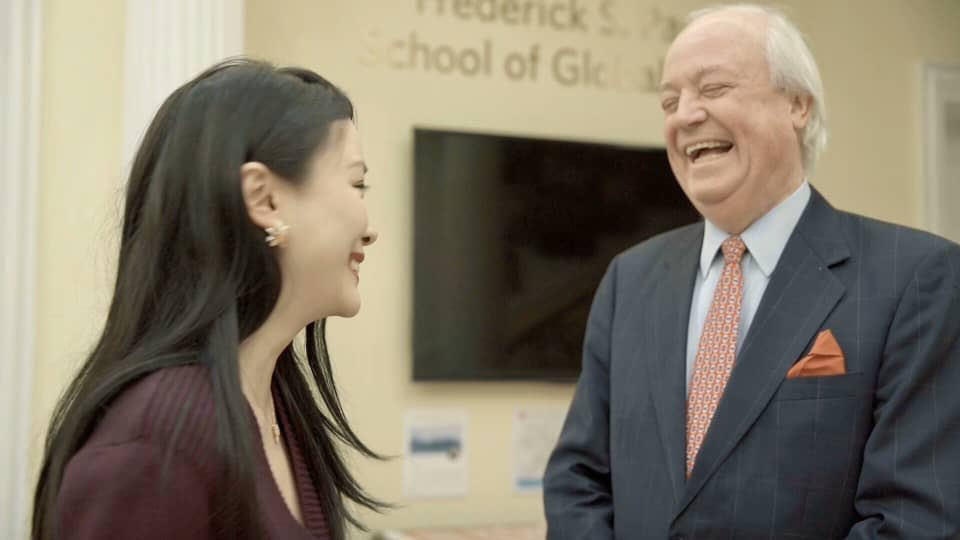Heine Discusses Chile-China Relations & Diversifying International Links

Ambassador Jorge Heine, Research Professor at the Frederick S. Pardee School of Global Studies at Boston University, published a blog post on Chile-China relations for LSE Ideas, the London School of Economics and Political Science’s (LSE) foreign policy think tank.
In the article, titled “Still Trailblazing? The Chile-China relationship at fifty,” Heine discusses the bolstering of relations between Chile and China resulting in China becoming Chile’s top trading partner and source of foreign direct investment. While Chile has enjoyed decades-long stability in managing its relations between China and the United States, he notes that it has not been immune to US-China tensions as of late. Investments and interference from external powers have certainly shaped Chile and Latin America, but Heine argues that the region must be diversifying its international links rather than relying on more “traditional partners.”
An excerpt:
In its worst crisis in 120 years, that is, the COVID-19 pandemic, it was precisely those “external powers” – mainly China, but also Russia, and, in the beginning, India – that came through with vaccines at a time when the United States and Western Europe were not. The message could not be clearer: Latin America is better off diversifying its international links, instead of limiting them…Chile, in turn, precisely because it has such diversified foreign trade and investment links, is particularly well-positioned to navigate the challenge posed by US-China tensions and its reverberations in the region.
The full article can be read on LSE Think’s website.
Ambassador Jorge Heine is a Research Professor at the Pardee School of Global Studies at Boston University. He has served as ambassador of Chile to China (2014-2017), to India (2003-2007) and to South Africa (1994-1999), and as a Cabinet Minister in the Chilean Government. Read more about Ambassador Heine on his Pardee School faculty profile.